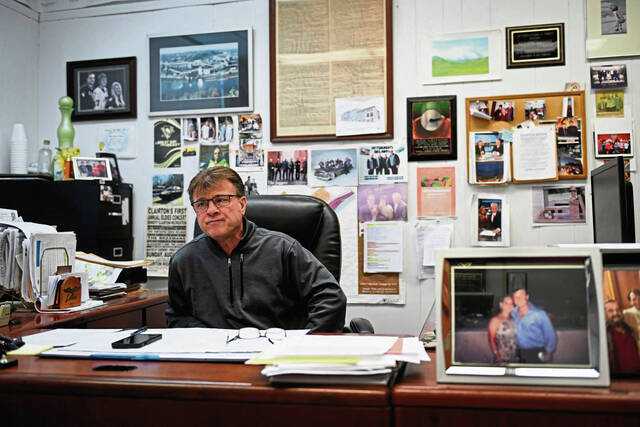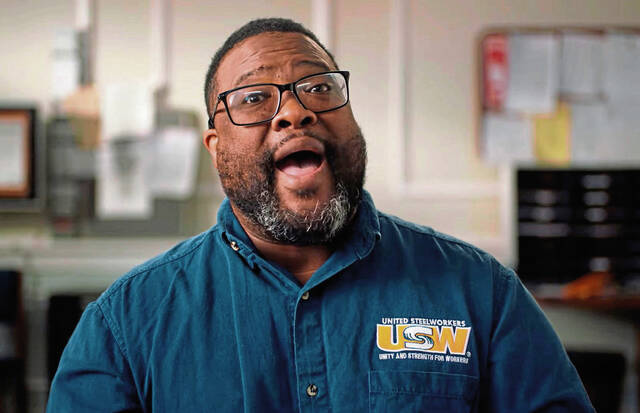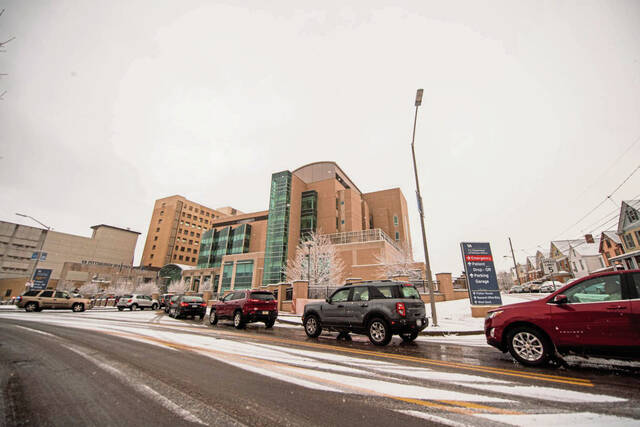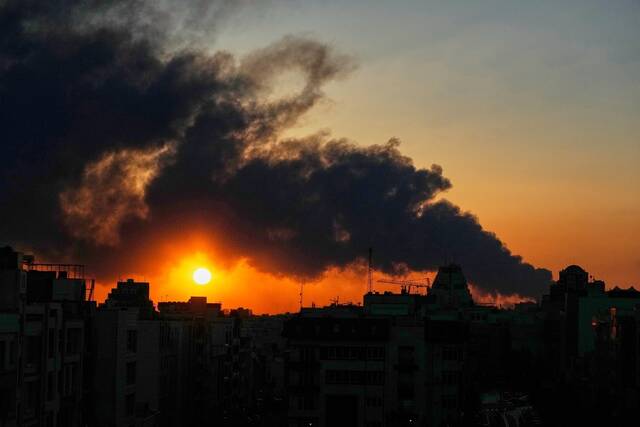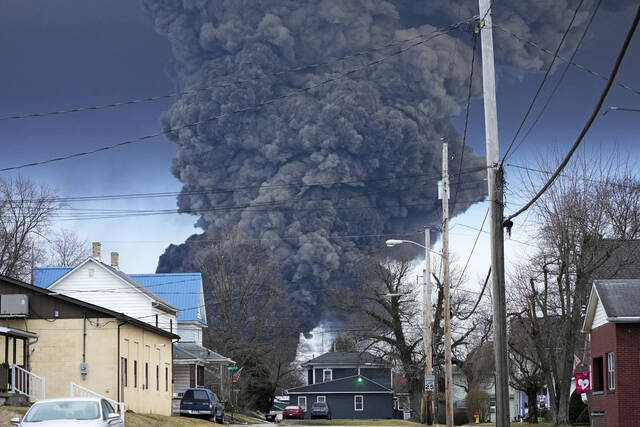Rich Lattanzi knows all about safety in U.S. Steel’s Mon Valley facilities.
At age 26, decades before he was elected in 2010 as mayor of Clairton — a city built, largely, to run the coke works — the former plumber started a three-decade U.S. Steel career by toiling in the hot strip mill at Irvin Works, a hilltop steel processing plant in West Mifflin.
To Lattanzi, steelmaking seemed magical. The excitement showed in his work.
“I was kind of fast, wanted to really get things done. And some of the older guys, they’d say, ‘Hey, you know, always take it slow,’ ” Lattanzi, now 61, told TribLive. “I was fortunate that nothing serious ever happened to me.”
Lattanzi still sounds mesmerized by those early years, recalling how 8-inch-thick steel slabs forged at U.S. Steel’s Edgar Thomson plant in Braddock would cross the Monongahela River, then be heated to 2,400 degrees in West Mifflin and flattened to sheets less than a half-inch thick.
He soon took heed of what he called Irvin Works’ increasingly “stringent” focus on safety. He worked for several years in a safety capacity for the union.
Lattanzi said safety remained central to many of the jobs at the mill through his retirement in 2021, which followed bouts of neck, throat and colon cancers.
“You’d talk about safety for two, three hours at a time,” Lattanzi said. “Then, you do the job. And half an hour later, you’re done.”
Putting aside all the training and all the attention to standard operating procedures, people who enter the mill know what they’re being hired to do, Lattanzi said.
“Workers, they know there’s inherent dangers,” he said. “You know what you’re going into.”
JoJo Burgess agreed.
The mayor of Washington, Pa., Burgess has been employed in heavy industry for more than two decades. He’s worked for six years now at Clairton Coke Works, preparing some byproducts of the coke-making process to be used outside U.S. Steel’s walls.
“There’s always dangers when you get a job at a steel mill,” said Burgess, 55.
Burgess remembers hearing about injuries on the job. Monday, however, marked the first time for him that a co-worker died on the clock. Coming in to work the next morning, Burgess said, felt a little different.
“It was somber inside,” he told TribLive.
But steelworkers are pragmatic. Even in the face of tragedy, they arrive to work the next shift.
“Work must go on,” Burgess said. “On Tuesday, people showed up — and they did their jobs … we try to get updates on the people still in the hospital. But, we’re still trying to do our jobs. The plant is still running.”
— Justin Vellucci


